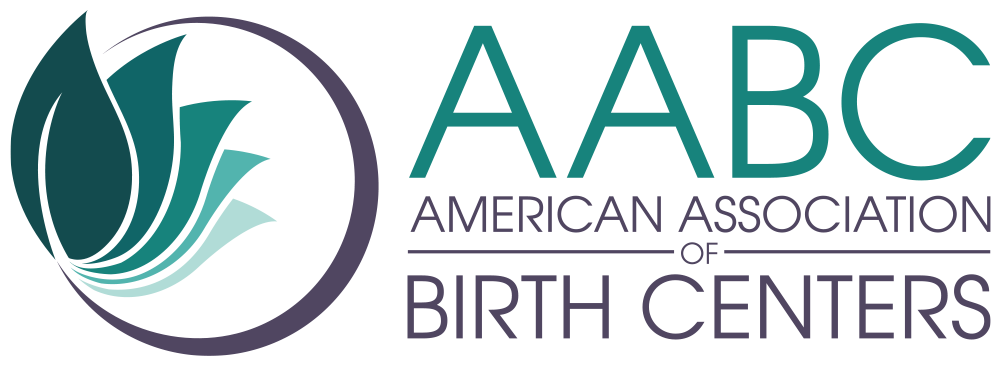AABC and CABC Lead Initiative for Solutions During Crisis
The American Association of Birth Centers (AABC) and the Commission for the Accreditation of Birth Centers (CABC) are leading an initiative to help systems address surge capacity and improve safety by diverting low-risk, pregnant patients to temporary Auxiliary Maternity Units. AABC and CABC have developed Guidelines for Auxiliary Maternity Units as well as a letter outlining five recommendations.
Healthy pregnant persons and babies are being affected by exposure to COVID-19 and the consequences of hospital surge capacity. Communities across the country are grappling with how to care for and protect childbearing families when hospitals are full and overloaded. AABC and CABC have responded by developing guidelines to support the implementation of temporary Auxiliary Maternity Units during this COVID-19 crisis.
To meet the immediate need, recommendations and guidelines have been developed to create temporary Auxiliary Maternity Units to provide for safe maternity care and address unprecedented daily challenges of overburdened hospitals.
AABC and CABC are experts in low-risk birth and conceptualized the Auxiliary Maternity Unit to meet the needs of childbearing families and health care systems. The guidelines provide minimum safety standards necessary for establishing these temporary units. AABC and CABC have developed and implemented standards and measures for the accreditation of freestanding birth centers and alongside midwifery units. They represent midwifery, nursing, obstetrics, maternal/fetal medicine, neonatology, and consumers.
“Hospitals and healthcare systems are seeking ways to meet the demands of COVID-19 patients, often looking to move low-risk maternity out of the hospital setting. These Auxiliary Maternity Units, developed by experts of low-risk maternity care, are the answer healthcare systems are seeking and give a structure to work from when developing units in their communities,” remarks AABC President, Amy Johnson-Grass, ND, LN, LM, CPM.
In addition to the Guidelines for Auxiliary Maternity Units, AABC and CABC offered five recommendations in a sign-on letter sent to governors, state health departments and influencers who can help local teams in their communities. These recommendations include:
- Create Auxiliary Maternity Units to expand capacity, reduce potential exposure and limit depletion of necessary critical care resources.
- Expand the capacity of existing freestanding birth centers for low-risk women.
- Expand utilization of licensed and/or certified midwives to practice to the full extent of their certification in all states and all facilities.
- Integrate doulas and other community-based perinatal health workers to provide education and support during pregnancy, labor, delivery, and the postpartum periods.
- Implement a community-based postpartum and newborn management plan that provides early discharge with safe follow-up care.
National organizations signing on to the letter include Ariadne Labs, Association of Maternal & Child Health Programs (AMCHP), Pacific Business Group on Health, Lamaze International, National Association of Nurse Practitioners in Women’s Health, National Association of Certified Professional Midwives, Ancient Song Doula Services, Centering Healthcare Institute, DONA International, Every Mother Counts, Foundation for the Advancement of Midwifery, ImprovingBirth, Jewish Healthcare Foundation, March for Moms, National Doula Network, Our Bodies Ourselves, and Women’s Health Activist Movement Global. Read the letter at BirthCenters.org/covid-action.
For more information on the Guidelines for Auxiliary Maternity Units, contact AABC at 215.234.8068, admin@birthcenters.org or CABC at 877.241.0262, admin@birthcenteraccreditation.org.
